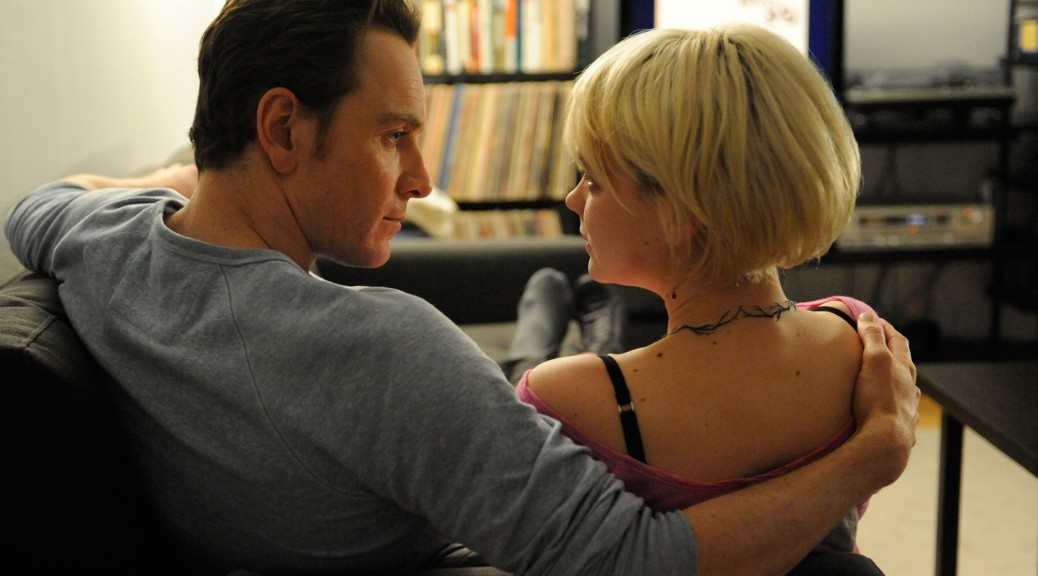Steve McQueen is still “The King of Cool”, but now he’s also black and British. This is a director I will definitely be keeping my eye on. His work in Shame, as well as his debut Hunger, is powerful and intense. He has also gifted us with the presence of Michael Fassbender by uncovering this remarkable talent to us (no dirty pun intended). As excited as I was to see his lauded performance, and as impressed as I was, I was just as amazed by Carey Mulligan.
The film may seem to have little point, and by the end it seems to come full circle, but it is such an intense character study that it completely draws you into its world. The two siblings Brandon and Sissy Sullivan (played by Fassbender and Mulligan, respectively) are two sides of the same coin – completely opposite in the way they present themselves to the world, yet both trapped with no easy means of escape. Both characters are paradoxes: Brandon staid and responsible, Sissy care-free and positive; yet he harbours a secret addiction to sex and Sissy to pain. Fassbender and Mulligan are both very brave in terms of the physical demands of the film, but what is truly remarkable is the complexity and confusion they portray so well and the subtle way in which they imply the depth of their relationship without directly revealing anything.
Sex is displayed in many guises, but McQueen’s brilliance lies in the fact that he pushes it to the brink of being mundane in order for us to understand how everyday it becomes for Brandon. His sex life is so devoid of passion, romance or love that it becomes routine – just something he has to do to get through his day. McQueen inverts the situation even more as not only do his sex scenes become a casual observation of the character, but his first-date scene becomes intolerable as you squirm at the awkward discomfort of the couple.
Fassbender was a strong contender for the Oscars and the fact that he was overlooked again points to the fickleness of the awards, further affirmed by the fact that Mulligan was virtually ignored. McQueen is similarly ignored. Everyone (including me) raved about Scorsese and Hazanavicius and their tribute to film in Hugo and The Artist. Not to slate the films (I loved both) but, as with his characters, McQueen’s film shows the other side of the coin – how cinema can be used to reveal and expose a darker truth. I am reminded of the old adage that “art holds a mirror up to life”, particularly the things we don’t always want to know or that we choose to ignore.
Shame has also drawn comparisons to American Psycho, but except for themes of obsession and boredom the similarity ends there. It is as though Easton Ellis believes we are base from the start and McQueen believes there is a sense of infallibility in us that is inevitably lost. We are human and it is the basest things that make us such, as is evident in his titles.
Originally published on Dinner and a Movie
Image source
